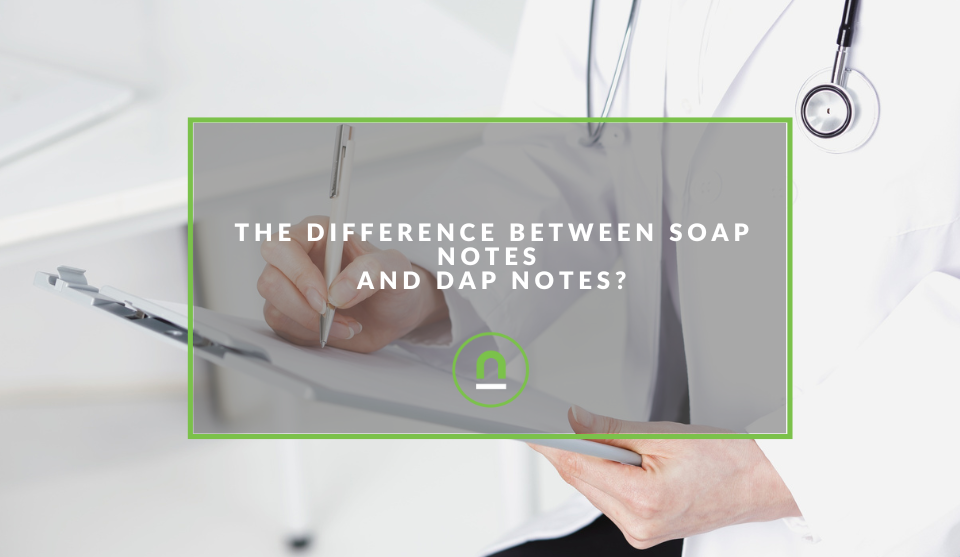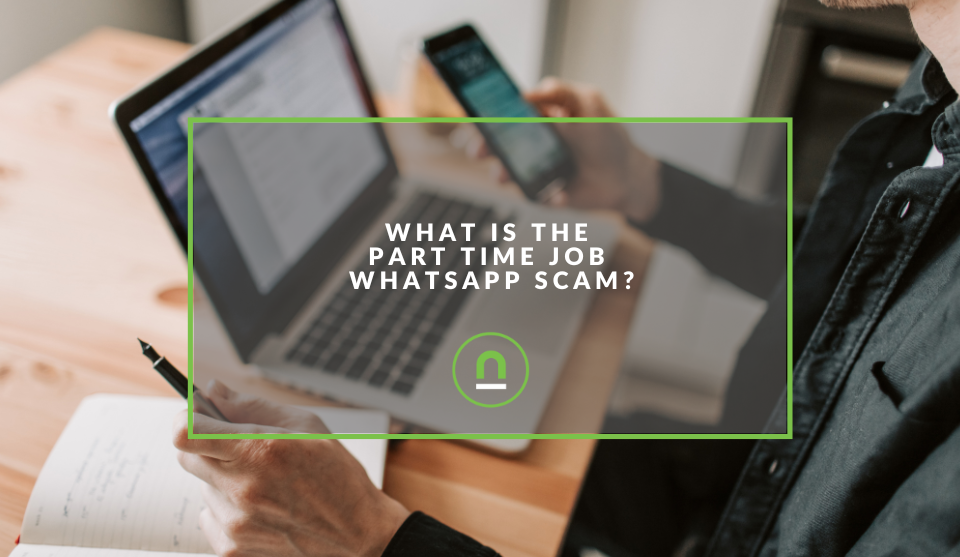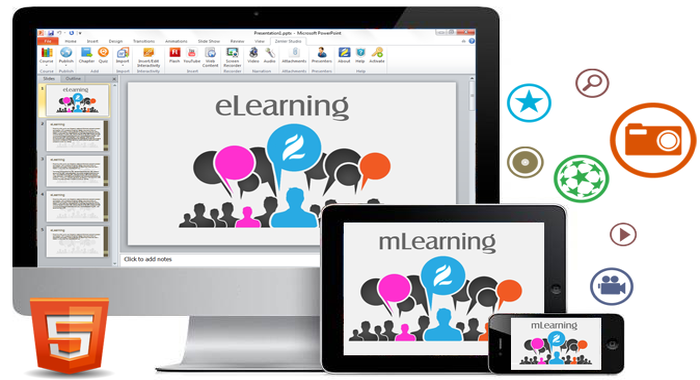Recent posts

nichemarket Advice
The South African VAT Threshold Chokehold
05 December 2025

Doctors Orders
The Difference Between SOAP Notes and DAP Notes
02 December 2025

Petrol heads
Why Load Bin Accessories Make Your Bakkie So Much Easier to Live With
26 November 2025

Alarming
What Is The Part Time Job WhatsApp Scam?
25 November 2025
Popular posts
Extravaganza
Trending Music Hashtags To Get Your Posts Noticed
24 August 2018
Geek Chic
How To Fix iPhone/iPad Only Charging In Certain Positions
05 July 2020
Extravaganza
Trending Wedding Hashtags To Get Your Posts Noticed
18 September 2018
Money Talks
How To Find Coupons & Vouchers Online In South Africa
28 March 2019
Is mLearning the way forward or just another fad?
13 April 2017 | 0 comments | Posted by Tammy-Lee Campher in Industry Experts
In this week’s guest post we feature Tammy-Lee Campher,
With the ever increasing growth and convergence of technology and learning, the rise in mobile device usage internationally and on the African continent has presented an opportunity for learning practitioners and organisations alike. According to a report published by GMSA, the number of smart mobile devices currently being used across Africa has doubled over the last two years – it is estimated that over 226 million people are now connected via mobile device; this is due to lowered costs for smartphones and improved connectivity.
Landscape shift
People are accessing the internet at unprecedented levels making their reach to organisations and industries much wider and faster. This convergence brought about by technological advancement has meant that the landscape of learning has also shifting to accommodate more digital formats and so the introduction of mobile learning (also known as mLearning) has gained significant traction.
Why use mLearning?
Of the ever increasing reasons to shift to more digitally enabled methods of learning, the following stand out as most relevant, specifically with relation to mLearning:
- Affordability and scalability of learning While workplace training can be a means of drawing in and retaining talent, the more traditional approach to learning is not a cost-effective exercise in that time is spent outside of the office and resources are spent on training delivery. Mobile and other types of digital learning allow organisations and individual learners to access as and when needed from anywhere, learning can take place at the employee’s desk while on-the-job.
- Offline capabilities of mLearning While mobile learning does have the implication of high or increased data usage, many mobile learning courses offer offline capabilities allowing the learner to access the learning material without being connected to the internet. The offline capability also allows for flexibility and convenience in choosing when and where to access learning. Learning no longer has to interrupt the workflow.
- A learner-centred approach mLearning puts the learner at the centre by empowering him or her to choose suitable learning paths at the time of need. Just-in-time learning means that learning resources can be accessed based on training requirements at any point in time. Learners are empowered to find, access and use the resource when required.
- Attractive to a younger market The younger generation of employees is tech-savvy, flooded with information and constantly connected via various forms of digital media. Mobile learning appeals to their need for a digitized solution and satisfies their thirst for knowledge by putting the learning in the palm of their hands.
- Social learning learning retention is enhanced through sharing and discussion around learning content. When learners are able to assimilate theory with reality in their workplace through engagement on learning communities and other social platforms, they are more likely to retain what they have learned. Mobile learning also allows for easy integration of apps and other social media.
Considering mobile and other forms of digitised learning, within organisations and other institutions of learning, now will ensure the longevity of training products as more millennials and Generation Z employees enter the workforce.
Tammy Lee Campher eLearning Consultant at The LRMG Performance Agency
About the authour
Tammy-Lee Campher is a learning specialist from the Southern Suburbs, Cape Town. She is passionate about shaping minds and expanding ideas. Her experience includes learning design and strategic LandD consulting for corporates such as Old Mutual, Chevron, Bearing Man, Imperial, Engen, Murray and Roberts and Barclays to mention a few.
Tags: elearning, guest post, mobile
You might also like
Why Load Bin Accessories Make Your Bakkie So Much Easier to Live With
26 November 2025
Posted by Jasper J in Petrol heads
A look at how to get the most out of your bakkie, keep it protected as it works and why load bin accessories make your bakkie so much easier to live ...
Read moreHow Data Has Changed The Healthcare Sector
24 November 2025
Posted by Victoria Maxwell in Doctors Orders
Data drives healthcare evolution: enhancing precision medicine, improving diagnostics, streamlining operations, accelerating drug discovery and more
Read more{{comment.sUserName}}
{{comment.iDayLastEdit}} day ago
{{comment.iDayLastEdit}} days ago
 {{blogcategory.sCategoryName}}
{{blogcategory.sCategoryName}}

